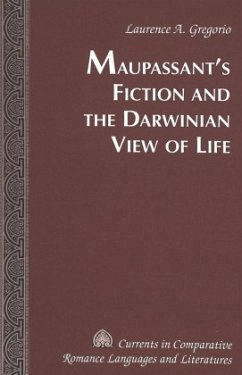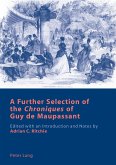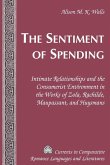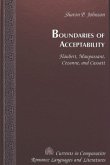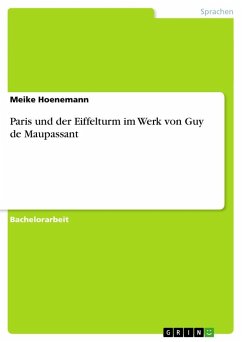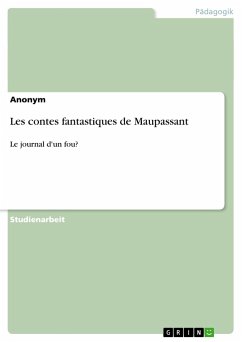The Naturalists wrote from a «scientific» point of view, and no science had more currency in society in the late nineteenth century than Darwin's theory of evolution. Until now, this motif in Guy de Maupassant has escaped critical attention. Maupassant's Fiction and the Darwinian View of Life examines evolutionary theory in the literature in a way accessible to students of literature and science alike. It first explains the theoretical basis and Maupassant's affinity for it, then studies one short story, «La Ficelle», in its entirety, proposing a new and interesting interpretation based on evidence read through a Darwinian lens.The remaining chapters organize a lively Darwinian reading of Maupassant according to topics such as natural selection, heredity, and materialism. The book shows that Darwinism and the economic variety of Social Darwinism figure significantly in Maupassant's fiction. It is a must for students and teachers of Naturalism and Darwinism across the liberal arts.
Bitte wählen Sie Ihr Anliegen aus.
Rechnungen
Retourenschein anfordern
Bestellstatus
Storno

